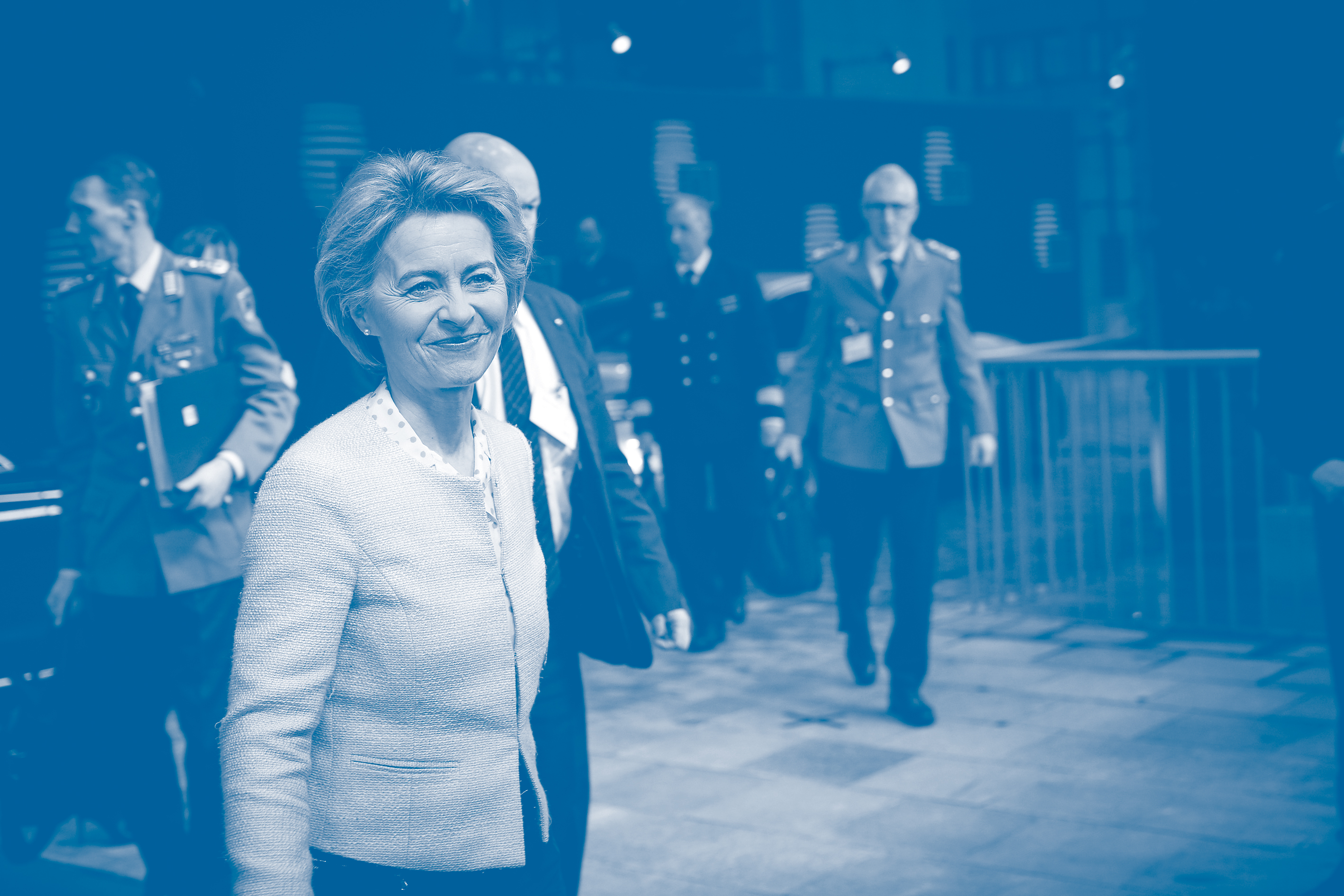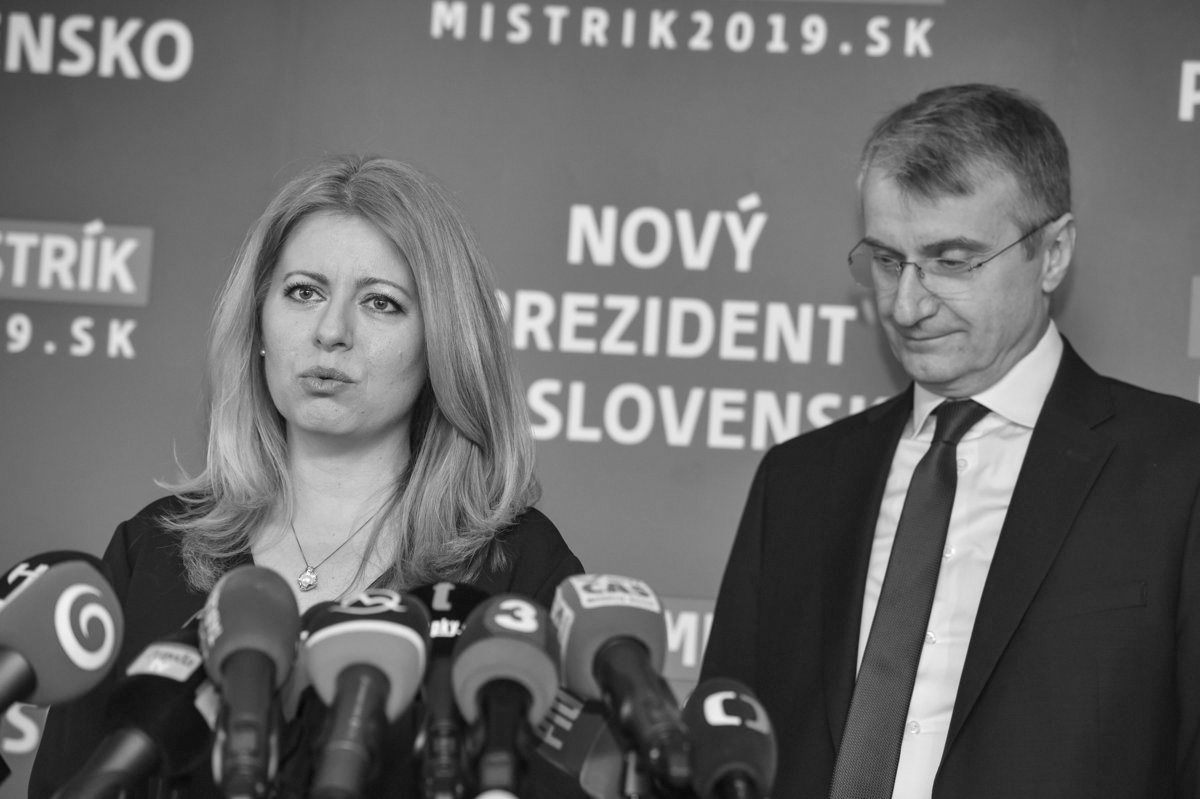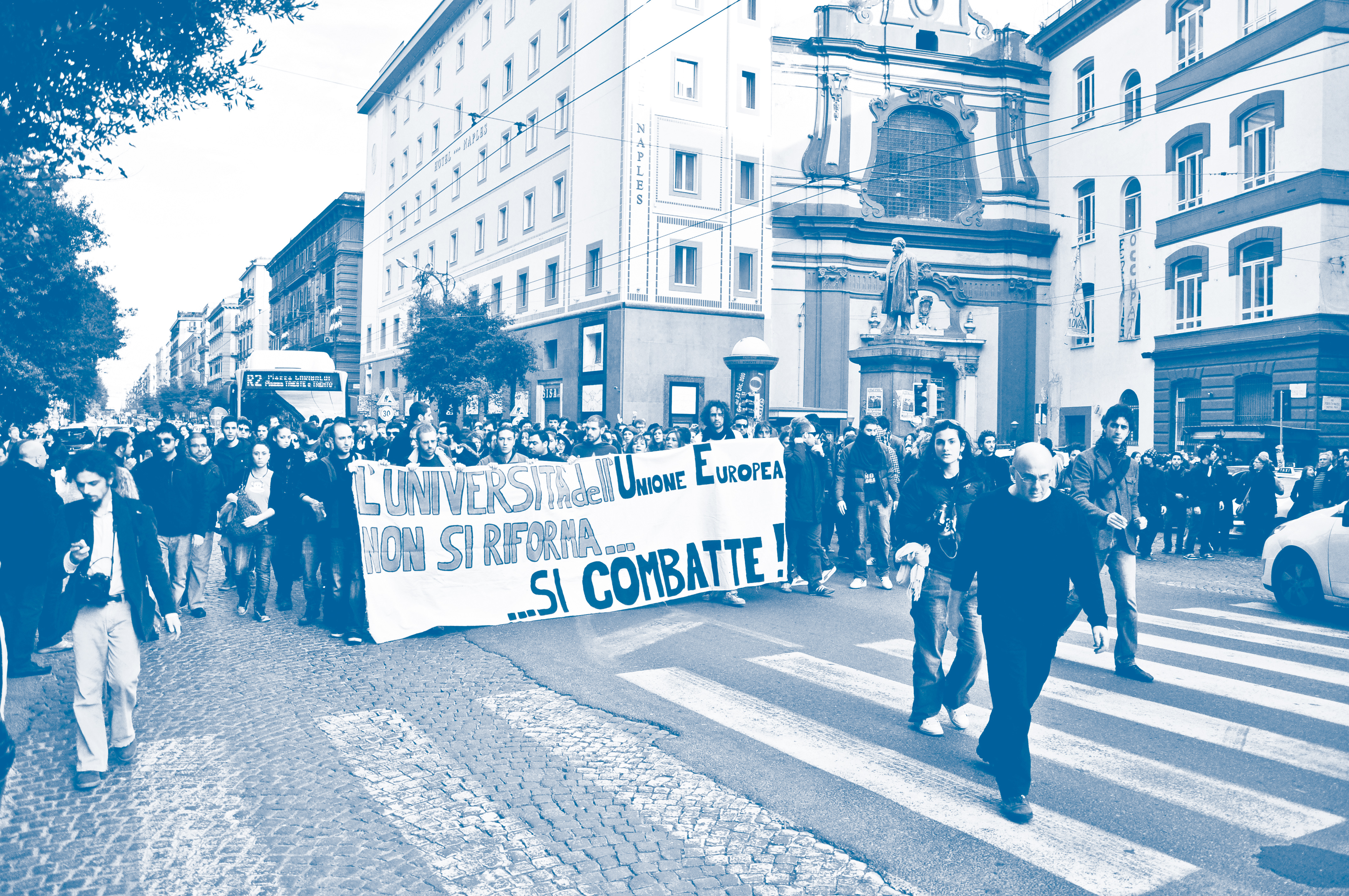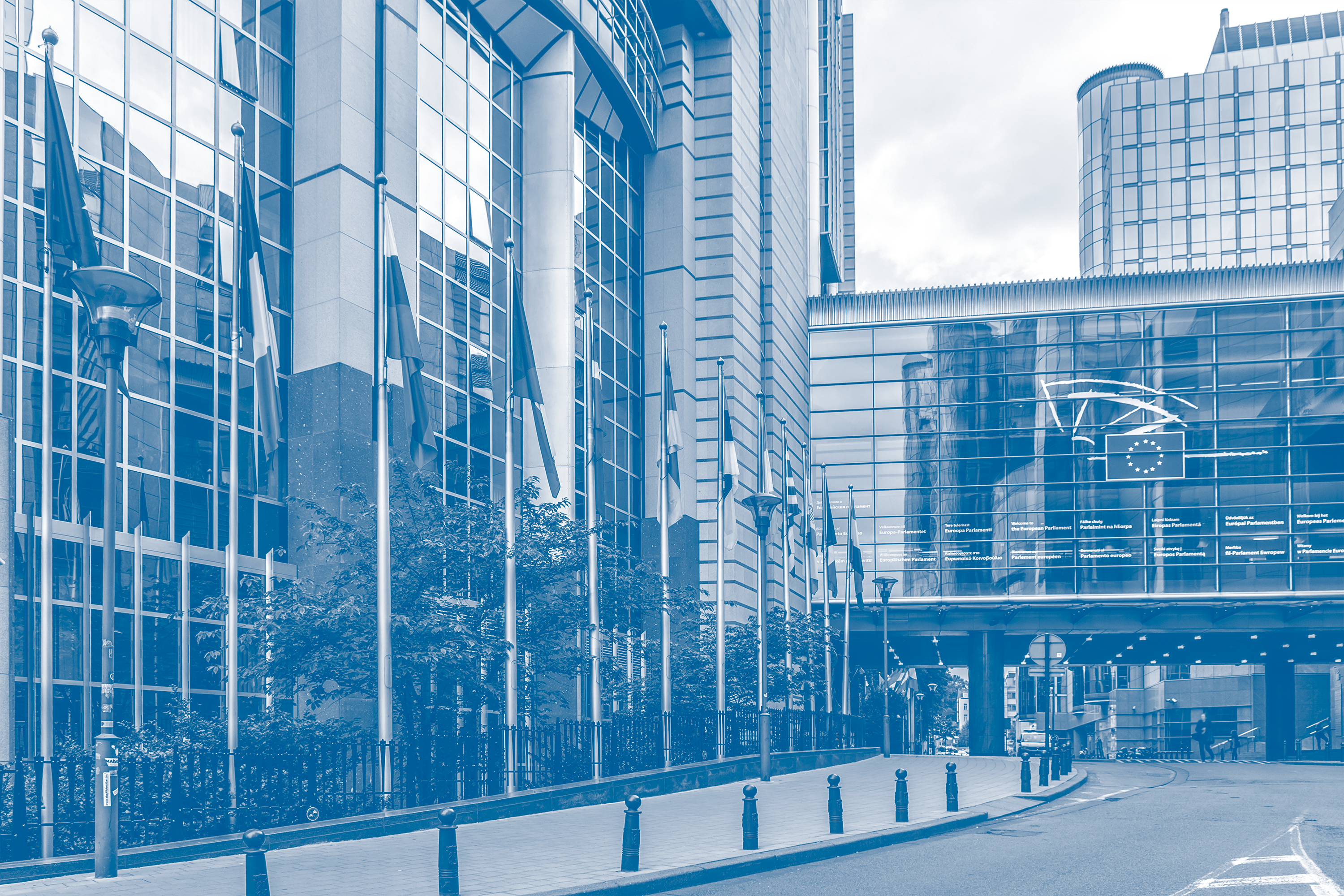by Ana-Maria Luca and Octavian Manea
The outcome of the latest round of Euro-elections (May 2019) was instrumental in the reconfiguration of the European leadership. For the first time in 40 years the European People’s Party (EPP) and the group of Socialists and Democrats (S&D) did not win enough seats to form a comfortable majority. The new political circumstances made the election of the Spitzenkandidat impossible.





